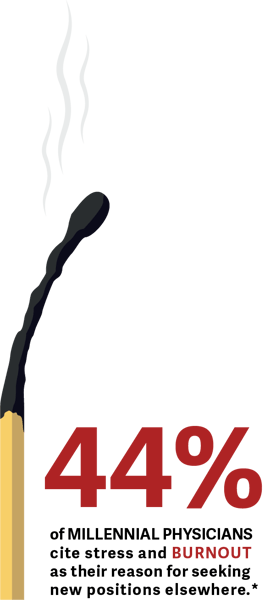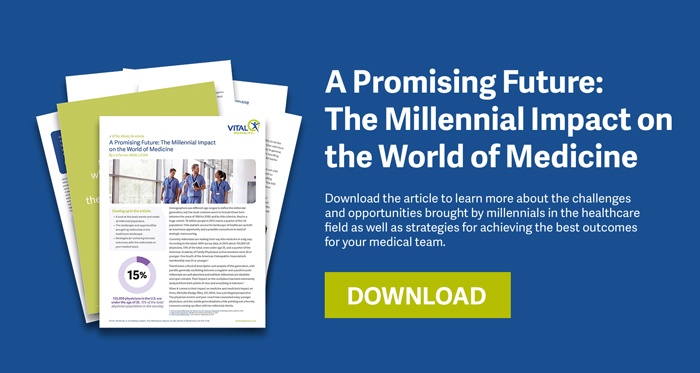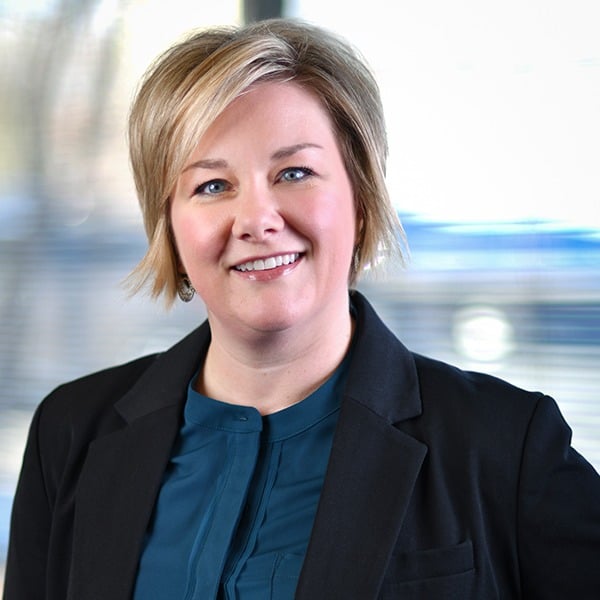With nearly a quarter of physicians in some specialties under age 39,1 millennials are beginning to make their mark on American medicine. Their age group has experienced criticism, in and out of medicine. The terms “entitled,” “lazy” and “self-absorbed” crop up regularly in journalistic assessments. And the impact of millennials on medicine has prompted some hand-wringing. In Forbes, for example, Sachin H. Jain, MD, writes: “We are taught in popular culture that one of the defining traits of millennials is the prioritization and focus on ‘me.’ Does this focus on ‘me’ threaten to detract from their education and, more importantly, patient care?”2
In studies, however, what seems to some like under-commitment emerges as a passionate, almost universal desire for something heretofore rare in medicine: work-life balance.3
Cutting Back 
The millennial physician who identifies herself as M and blogs at “Reflections of a Millennial Doctor” takes balance seriously. Her account of an episode of burnout, in a guest post on The Happy Philosopher blog, cites issues familiar to most physicians: “For two years, I ran myself into the ground by increasing my hours at work to the average 50-60 hour physician work week, giving more of myself emotionally to my patients than was healthy, fighting with insurance companies and sometimes patients so I could practice the type of medicine I had envisioned myself practicing, and for whatever reason, refusing to take real vacations….My personal life suffered. I didn’t want to engage with my husband when I got home – I had nothing left to give to him since I left it all at work.”4
She mounts a spirited defense of the decision she made to cut back those hours to the almost-unheard-of 40 a week. It’s in the context of a critique of medicine as it’s been traditionally practiced.
“When I told some of my older colleagues this, they were very skeptical,” she writes. “No one only works 40 hours a week. I
was asked, ‘Why would you go through all that just to work part time? And don’t you care about patients?’ They didn’t understand that the life I wanted did not put my job front and center. I am more than a doctor—I am a wife, a friend, a traveler and other
non-medicine things.”
It’s About the Patient Too
M’s decision wasn’t prompted solely by a desire to express her whole self, however. She insists she does care about her patients. “Truck drivers have 14 hour limits on their days,” she writes, “and can’t drive longer than 11 hours in a row. Pilots were limited to 9-14 hour shifts. Are doctors so special we can push through fatigue and still take care of
patients well?”
M notes she doesn’t claim to be speaking for all millennials. “But,” she adds, “as a whole, I believe the reason there is so much terror and confusion about millennial doctors is we don’t want our identities totally wrapped up
in our career. This is unfathomable to previous generations. It is an outright rejection of how they defined how doctors should be.”5
As healthcare leaders struggle to balance the strains and demands of operating their organizations, including a looming shortage of physicians, they are finding new and creative ways to balance the organization’s needs with the wants of millennial physicians for better work-life balance. One option is to include leveraging their aging physician workforce’s desire to continue to practice by offering them scaled-back hours as a way to keep
them contributing.
You can read more about the aging physician workforce in our article The Challenges and Opportunities of the Aging Physician. In any event, the millennial challenge is a key part of medicine’s overall challenge to become more efficient and more humane to its physicians while still delivering the best possible care.
For more on millennials in medicine, see our article “A Promising Future: The Millennial Impact on the World
of Medicine.”
Contact us for additional insights, coaching and physician support. Or speak directly with a trained representative ready to assist with your organizational needs.



